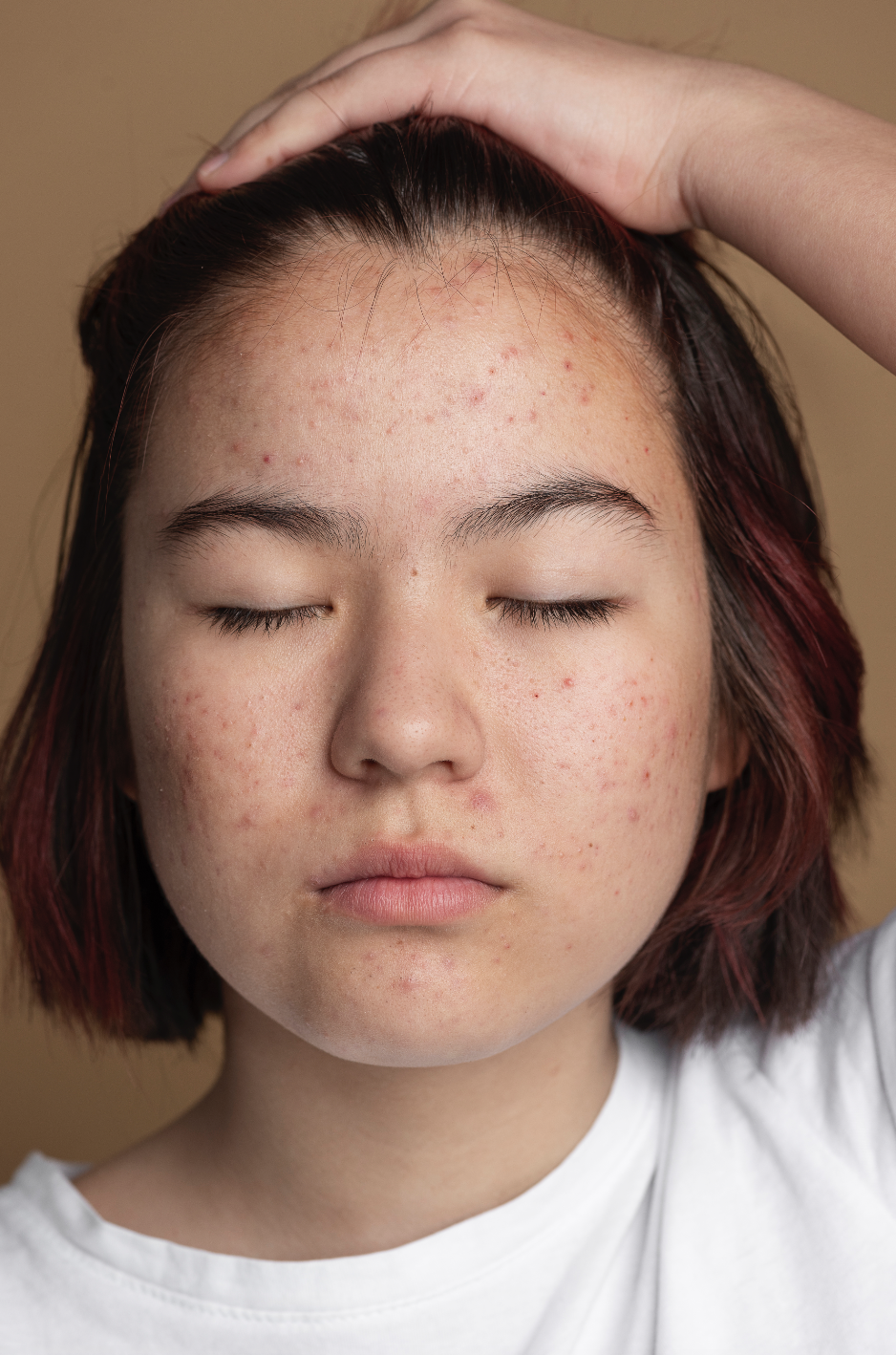Scarring is a common occurrence that can result from various injuries or skin conditions. While scars can vary in appearance and severity, discoloration and hyperpigmentation are two common issues that can occur with scarring. In this article, we will explore why discoloration and hyperpigmentation occur with scarring.
Scarring occurs when the skin is injured and the body's natural healing process begins. During this process, the body produces collagen, which helps to rebuild and strengthen the damaged skin tissue. Collagen is a fibrous protein that gives the skin its strength and elasticity. However, the process of collagen production can also lead to discoloration and hyperpigmentation.
Discoloration occurs when the skin's pigment cells, or melanocytes, are damaged or destroyed during the healing process. This can result in a loss of color, making the scar appear lighter than the surrounding skin. Discoloration can also occur when excess melanin, the pigment that gives skin its color, is produced in the scar tissue. This can result in a scar that is darker than the surrounding skin.
Hyperpigmentation occurs when the body produces excess melanin in response to the injury or inflammation that caused the scarring. This excess melanin can accumulate in the scar tissue, making it appear darker than the surrounding skin. Hyperpigmentation can also occur when the body produces too much melanin in response to exposure to sunlight or other environmental factors.
There are several factors that can increase the likelihood of discoloration and hyperpigmentation with scarring. These include:
-
Skin type: People with darker skin tones are more likely to experience discoloration and hyperpigmentation with scarring. This is because they have more active melanocytes in their skin, which can produce more melanin in response to injury or inflammation.
-
Sun exposure: Exposure to sunlight can increase the risk of hyperpigmentation in scars. This is because UV radiation can stimulate the production of melanin in the skin.
-
Infection: Infection can slow down the healing process and increase the likelihood of discoloration and hyperpigmentation with scarring.
-
Genetics: Some people may be more predisposed to discoloration and hyperpigmentation with scarring due to their genetics.
Fazit silicone acne patches may help to improve the appearance of discolored scars by creating a barrier that protects the scar tissue from external irritants and UV radiation. This can help to prevent further damage to the skin and reduce inflammation, which can contribute to discoloration.

